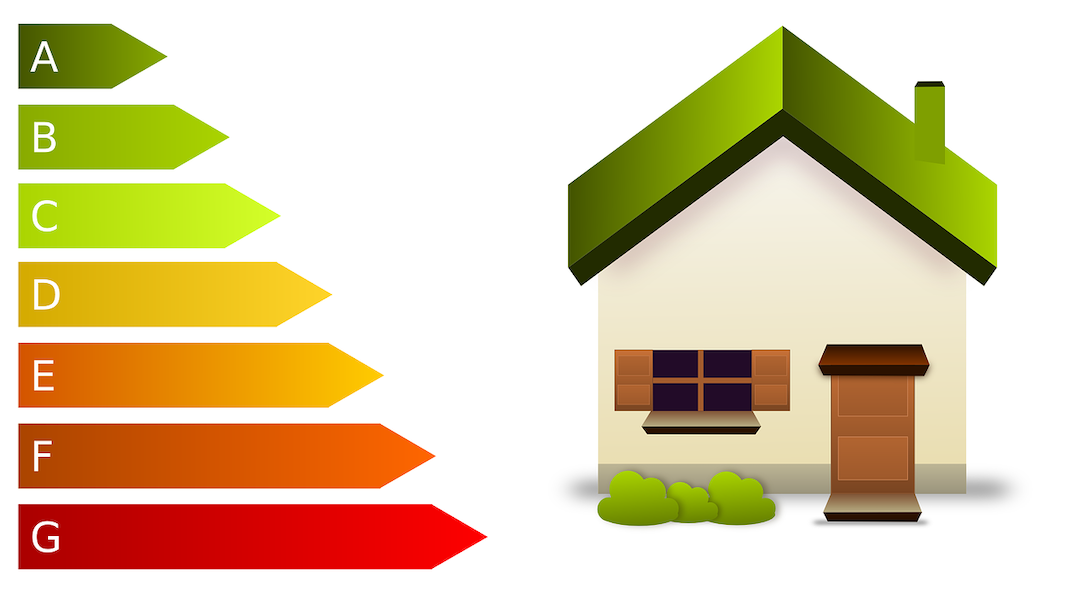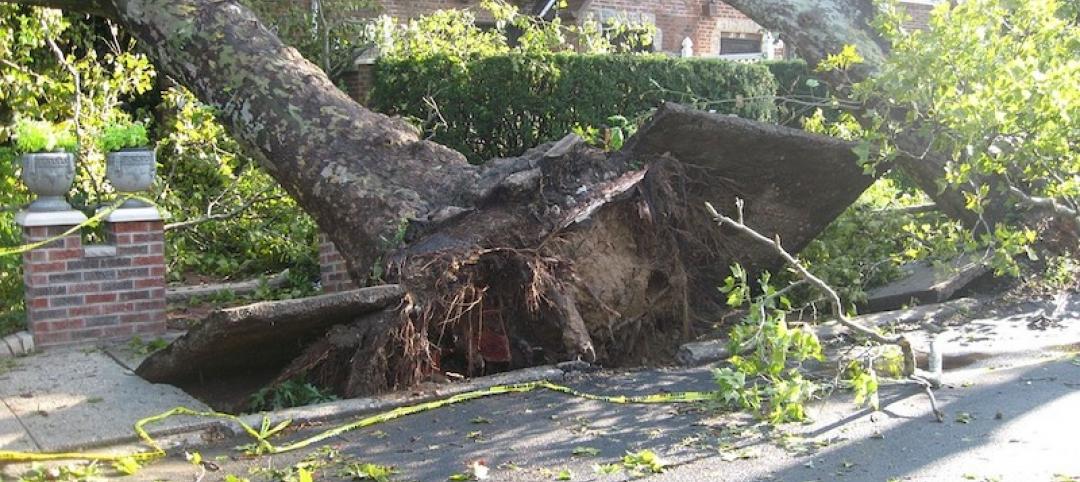Recent findings from the Better Buildings Partnership raise serious questions about the efficacy of energy efficiency ratings used in the United Kingdom.
The study found that buildings that have received the highest rating—an A Energy Performance Certificate—use more energy than some of their peers rated C, D, E, or F. The analysis of self-reported energy data in 2020 for more than 1,100 commercial properties found that the median energy intensity for all B-rated buildings is higher than for C-rated buildings.
The disparity between how buildings are designed and their actual greenhouse gas emissions is widespread in the U.K. The findings are in line with past evidence that green building certifications based on predicted energy use don’t necessarily translate to energy savings in the field.
Some studies have found that LEED certification yields better energy efficiency, but others have found that certified buildings use more energy than non-certified buildings. The U.S. Green Building Council maintains that its own research shows certified buildings are overall more efficient.
Part of the explanation for the disparity between ratings systems and real-world results could be due to the limitation of assessments that only predict potential energy efficiency. In practice, building management systems may not be set up or used properly. In addition, people sometimes undo the efficiency design by bringing fans into buildings or installing additional air conditioners.
Related Stories
Codes and Standards | Jun 10, 2019
Intl. Code Council releases Natural Disaster Preparedness Guide
Provides tips for staying safe during and after a hurricane or severe weather.
Codes and Standards | Jun 7, 2019
Market conditions indicate slower growth in industrial real estate sector
E-commerce, market oversupply, rising interest rates to dampen hot market.
Codes and Standards | Jun 3, 2019
Haskell invests in BLOX, creator of modular-based delivery method
‘Represents important part of Haskell’s future strategy,’ says CEO.
Codes and Standards | Jun 3, 2019
Florida may eliminate certificate of need requirement for new hospitals
Bill could boost specialized facilities.
Codes and Standards | May 31, 2019
RELi 2.0 standard for sustainability, resilience being piloted
Will be open to LEED-registered or -certified projects, with introductory pricing and support.
Codes and Standards | May 31, 2019
Pankow Foundation releases report, tools for embodied carbon impacts
Focus is on MEP and tenant improvements.
Codes and Standards | May 24, 2019
USGBC receives funding for LEED for Cities and Communities Program
Bank of America provides $500,000 grant to certify 15 U.S. cities.
Codes and Standards | May 24, 2019
AIA updates Interiors Contract Documents
Six revised documents available for interior construction projects.
Codes and Standards | May 23, 2019
Northern California casino offers a template for resilient microgrids
Solar power with batteries and backup generators provide weeks of self-reliance.
Codes and Standards | May 23, 2019
Austin creates innovative plan to boost affordable housing
Approach includes loosened zoning, incentives for higher density in lower-cost and mixed-income developments.

















